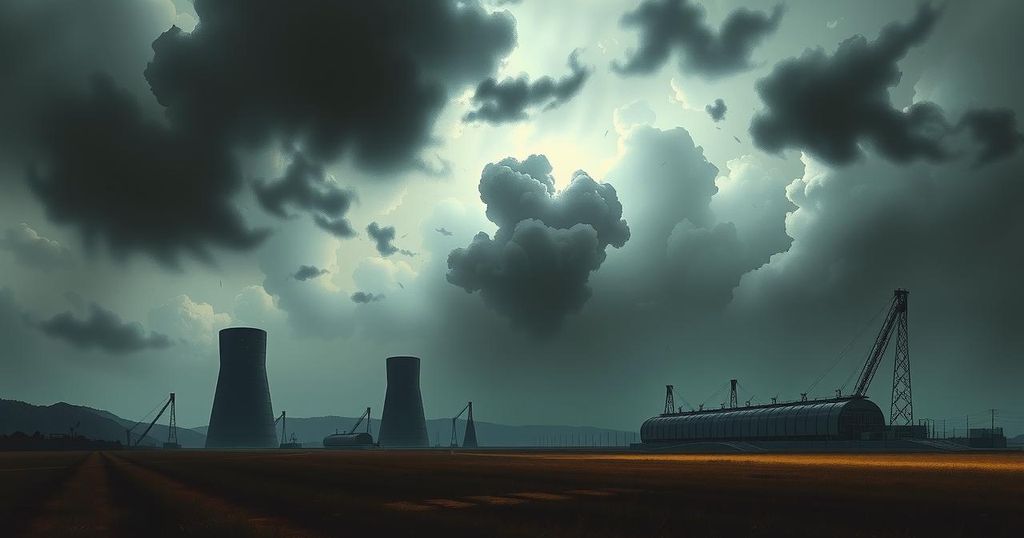North Korea has vowed to enhance its nuclear capabilities, rejecting the G7’s calls for denuclearization. The Foreign Ministry insists the nuclear program is vital for national security and regional stability, despite international demands for disarmament. North Korea’s legal framework ensures that its nuclear ambitions are not subject to external recognition or change.
North Korea has declared its intention to “steadily update and strengthen” its nuclear capabilities, openly rejecting the G7’s demand for denuclearization. The North Korean Foreign Ministry emphasized that the nation’s nuclear forces will remain as an enduring protector of national sovereignty and fundamental interests, according to the Korean Central News Agency, its state-run media.
A spokesperson for the Foreign Ministry asserted that the ongoing nuclear development program is designed to prevent war on the Korean Peninsula and in Northeast Asia, while also ensuring global strategic stability. This announcement follows a recent G7 foreign ministers’ meeting in Quebec, Canada, where they urged North Korea to suspend all nuclear and ballistic missile programs.
G7 ministers highlighted the importance of compliance with relevant United Nations Security Council resolutions, calling for North Korea to “abandon all its nuclear weapons and any other weapons of mass destruction.” In their response, North Korean diplomats insisted that their nuclear program is enshrined in national law and emphasized, “these laws will not change according to the recognition of anyone.” Furthermore, North Korea is reportedly in the process of constructing a nuclear-powered submarine, reinforcing its military capabilities.
In summary, North Korea has firmly rejected G7 calls for denuclearization, reiterating its commitment to strengthen its nuclear capabilities. The assertion of its nuclear forces as a guarantor of sovereignty and regional stability underscores North Korea’s defiance of international pressures. The situation illustrates ongoing tensions on the Korean Peninsula and reinforces the complexities surrounding global nuclear proliferation.
Original Source: ruralradio.com




